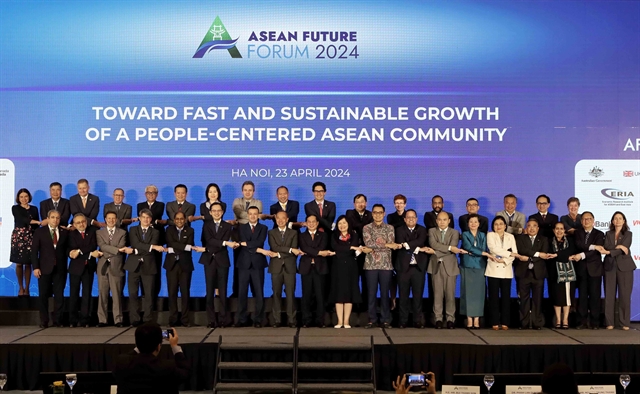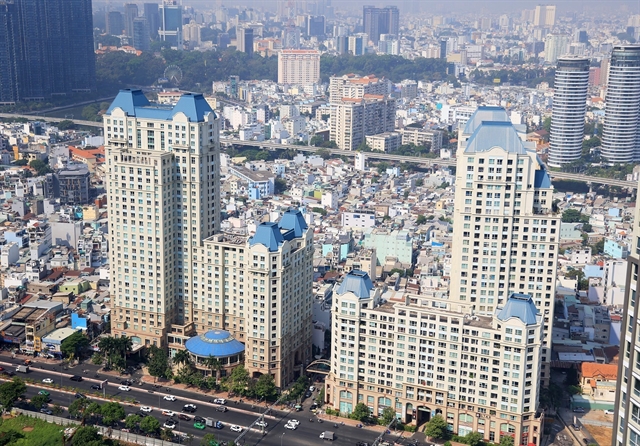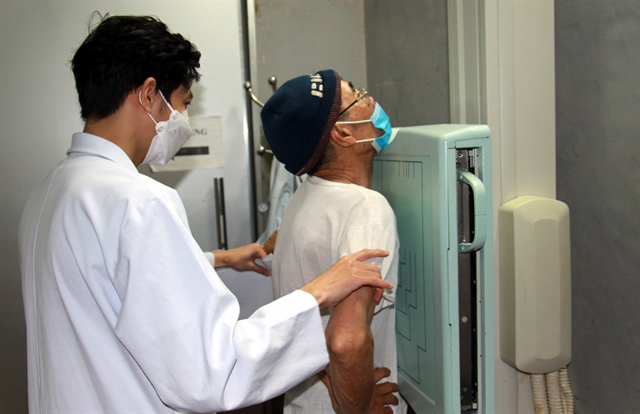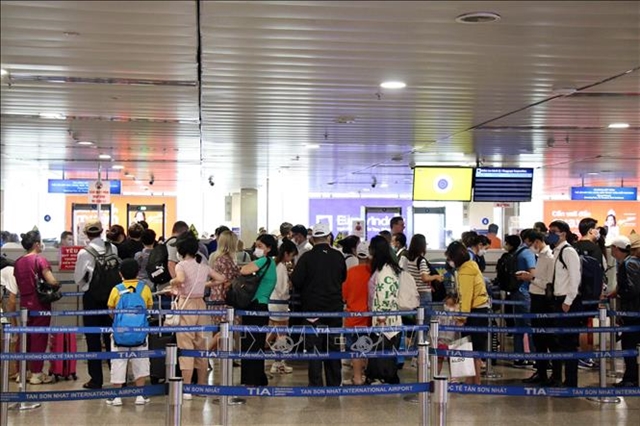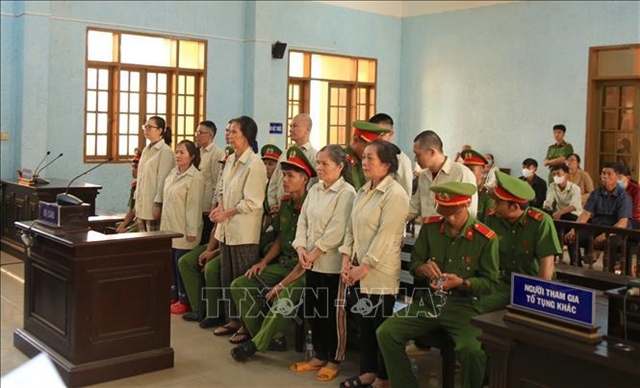 Society
Society
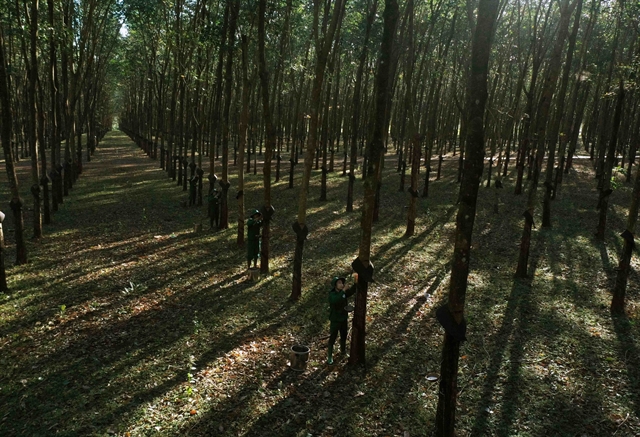
When students of Nguyễn Văn Trỗi Secondary School in HCM City’s Gò Vấp District violate any regulation of the schools or misbehave, teachers meet with each of them to learn the reason, help them recognise their violations and guide them to the correct behavior instead of using physical punishment as they would have one year ago.
153104330AM.JPG) |
| Nguyễn Văn Trỗi Secondary School is building friendly, close and supportive relationships between teachers and students under the project to improve protection and quality education for migrants and other marginalised and vulnerable children. — Photo Courtesy of Save the Children International |
Gia Lộc
HCM CITY —When students of Nguyễn Văn Trỗi Secondary School in HCM City’s Gò Vấp District violate any regulation of the schools or misbehave, teachers meet with each of them to learn the reason, help them recognise their violations and guide them to the correct behavior instead of using physical punishment as they would have one year ago.
This is positive discipline, which the school’s teachers use to build a friendly, close and supportive relationship between them and their students, Lâm Minh Trang, the school’s deputy principal, said.
“Thanks to the close relationship, students do not feel frightened when meeting me. Unlike before, they now say "hello" to me when they go past my room,” Trang added with smile.
It is also important that they take the initiative to talk with the school’s teachers about their ideas or questions about lessons they do not understand, she added.
These changes are the result of the project to improve protection and quality education for migrant and other marginalised and vulnerable children, which was carried out at 16 primary and secondary schools in the city’s districts of Gò Vấp and Củ Chi in the 2013-16 period.
Moreover, the schools set up a team of “core students” and provided training courses on the skills of communicating, reporting and observing signs of their classmates “falling into vulnerable situations”, Trang said.
“The team has helped me find out and prevent students from using electronic hookah and fighting,” she added.
In the project, children’s rights, laws on child protection, care and education, and the Convention on the Rights of the Child also were taught for students and teachers.
Moreover, parents learnt good parenting skills to help co-operate with teachers to positively educate children.
The project’s second phase, which lasts to 2019, will continue building a friendly and safe learning environment in 50 primary and secondary schools in four districts of Bình Tân, Thủ Đức, Gò Vấp and Củ Chi, which have the highest number of migrant children.
Moreover, the project, which costs more than VNĐ30.8 billion (US$1.4 million), also aims to increase opportunities for children with difficult circumstances and immigrant children to have access to basic welfare services, such as education, entertainment and protection in a safe and secure environment.
It also will improve the quality of child protection by promoting the co-ordination and strengthening the participation of departments, social organisations and communities in 24 communes and wards in the city.
The project is carried out by Save the Children International in co-operation with Department of Children Care and Protection under the Ministry of Labour, Invalids and Social Affairs; the city’s departments of Labour, Invalids and Social Affairs, and Education and Training; and local People’s Committees.
It is expected that 55,000 children, 48,000 teachers, administrators, child care workers, volunteers and parents in the project areas will benefit directly and indirectly through the activities of the project.
Đặng Hoa Nam, head of the Department of Children Care and Protection, said that the project will help carry out a new model for comprehensive education reform in the country.
Nguyễn Thị Liên, deputy head of the city’s Department of Labour, Invalids and Social Affairs, said that the city has more than 1.4 million children aged less than 16 years, the second highest in the country.
The city has around 350,000 children from other provinces and cities, Liên said. — VNS

